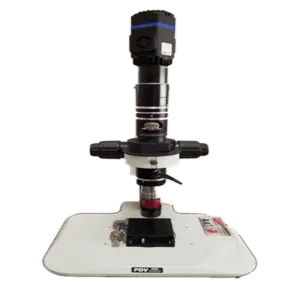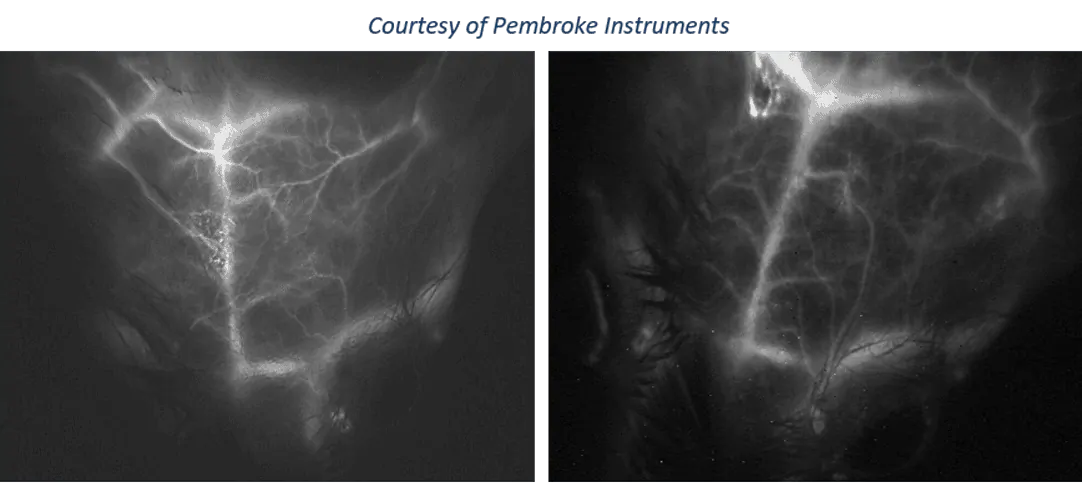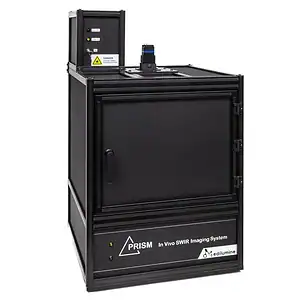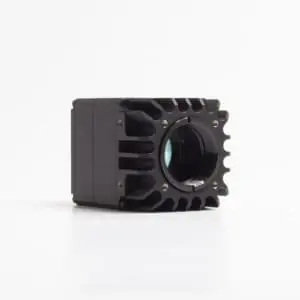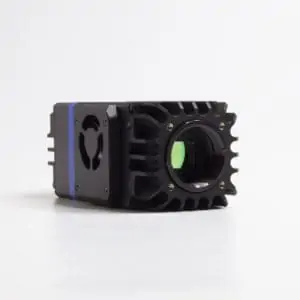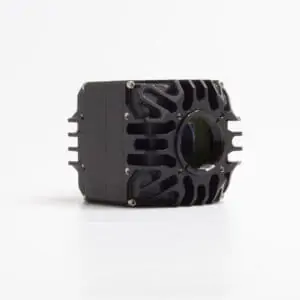MICROSCOPY & LIFE SCIENCE
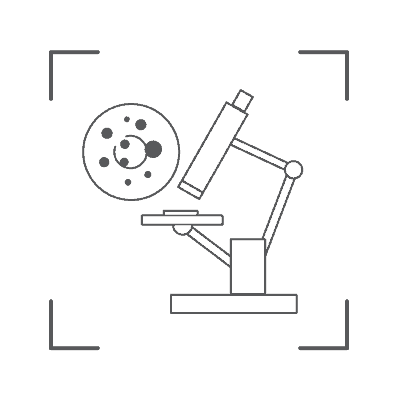
NIT’s broad range of cameras and sensors have been along with scientists in their most critical experiences since NIT’s creation. Whether you are measuring, detecting, analyzing, or observing, NIT technology will prove to be an indispensable solution in many cases.
Typical applications:
- Microscopy
- Biomedical Imaging
- In-vivo SWIR Imaging
- Optical metrology
- Spectroscopy
- Hyperspectral imaging
Microscopy
Biomedical Imaging
why NIT?
Recommended products
Microscopy
The use of our SWIR camera brings even more valuable information for microscopy processes thanks to the Infrared band, i.e: 900nm-1700nm. With SWIR microscopes, observe beyond the standard visible range microscopes.
Courtesy of Pembroke Instruments
Low dark current and longer exposure are required because of low signal application.
- Quantum Efficiency(QE): >85%peak
- Typical dark current: 2000e-/pixel/s @-15°C, 1200e-/pixel/s @-20°C
- Readout Noise (High gain mode): <40e-
- Cooling capacity : >50°C below ambient
- Cost-effective solution – Best price to performance ratio on the market
Biomedical Imaging
SWIR opens new opportunities for deep tissue imaging for In-vivo applications. Traditionally, for deep tissue imaging ionizing radiation is used (X-ray and Y-ray) but poses some risks to biological tissue.
Photoluminescence Imaging is preferred, using fluorescent Dye and excitation laser.
Traditionally Visible and NIR bands have been used:
- The visible band (400-650nm) is used only for superficial tissues (strong scattering and absorption).
- NIR band or NIR1 (850-900nm) has been used in the last 20 years.
SWIR or NIR2 (1300-1400nm) has the following advantages:
- Stronger transmission than the NIR band
- Lower scattering
- Commercially available and FDA-approved dyes show strong emission in the NIR2 band.
In-vivo mouse blood vessel imaging with HiPe SenS camera
HiPe SenS 640 long-exposure SWIR camera has been integrated into MediLumine’s PRISM™ in vivo SWIR Imaging System / System brochure
Why NIT?
Long-exposure time & low dark current
SWIR wavelength (0.9 -1.7um)
Easy to integrate into any system
Cost-effective solution
Recomended products
HDR & High Sensitivity
- 640 x 512px – 15μm
- TEC1
- USB 3.0/ CameraLink/ GigE/Analog/SDI
Low dark current & long-exposure time
- 640 x 512px – 15μm
- TEC2 – Aircooled fan
- USB 3.0/ CameraLink
High Sensitivity & HD resolution
- 1280x1024px (SXGA) – 10μm
- TEC1
- USB 3.0/CameraLink

